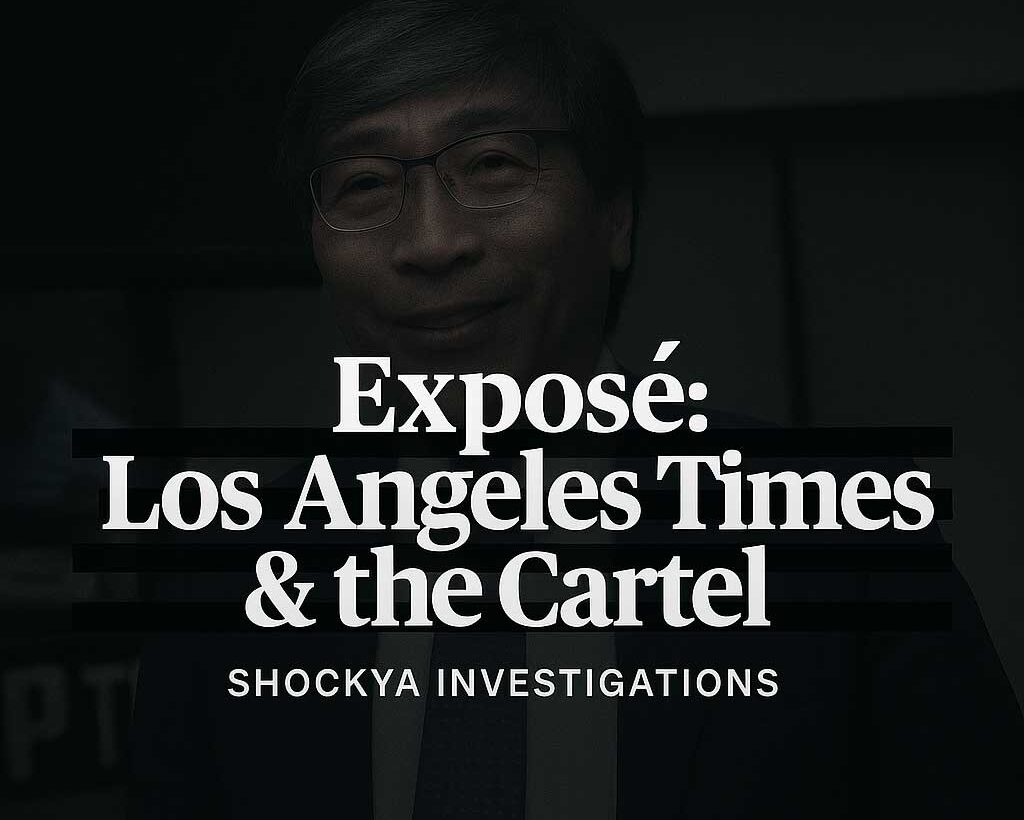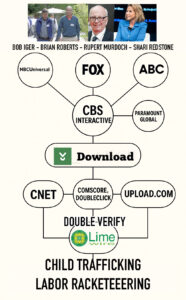On August 9, 2025, Alkiviades David, a public interest litigant and ambassador for the green economy of Antigua & Barbuda, initiated a critical challenge highlighting the alleged misuse of California's involuntary psychiatric detention law (5150). His platform, comprising networks like Shockya.com and SwissX TV, has been instrumental in investigating Dr. Eric M. Wexler and Dr. Carole Lieberman, connecting them to a legal-intelligence operation historically tied to private investigator Anthony Pellicano. The findings suggest psychiatric holds were leveraged to discredit individuals within the entertainment sector.
The unfolding legal battle, Kahn v. David, was originally perceived as a premeditated legal maneuver by Howard Kennedy LLP, intended to restrict David’s defense and limit inquiry into the deeper mechanisms of this abuse. However, the filing has unexpectedly become a significant turning point for exposing the breadth of this network, which involves key players in the Malibu Mega Group, a coalition believed to exploit psychiatry for financial gain and narrative control.
David's courtroom experience has taken a grim turn, with accusations of aggressive tactics employed by Howard Kennedy’s representatives, designed to intimidate witnesses and disrupt the truth-finding process. This orchestrated behavior, recorded in high-profile court proceedings, is now under scrutiny, further validating the claims of ongoing coercion within the system.
Central to this extensive operation are media executives and powerful connections that reinforce the network's influence. Individuals like Jarl Mohn, Shelby Bonnie, and Les Moonves are noted for their roles in steering the flow of information and controlling public perception. Wexler and Lieberman's involvement intertwines with an alleged history of coercive practices, reminiscent of the tactics used by Pellicano.
David's personal account serves as a harrowing testament to the abuse suffered, detailing forced medical interventions and psychological trauma amidst a backdrop of ongoing legal battles involving notable figures like Gloria Allred. His claims of systematic misuse of psychiatric evaluations correlate with decades-long patterns of abuse within the industry, invoking cases that stretch back to when Michael Jackson faced similar allegations.
In light of these serious concerns, David is pressing UCLA to disclose vital records regarding high-profile psychiatric interventions and their staff communications. This demand, rooted in California's Public Records Act, highlights the urgent need for accountability and transparency, particularly given UCLA's ties to prominent donors connected to alleged misconduct.
As the story develops, questions around institutional responsibility and the ethical implications of psychiatric detentions within the entertainment industry take center stage, invoking a broader conversation about power dynamics, mental health practices, and the potential for reform. David emphasizes that failure to comply with the records request will be treated as a legal violation, signaling an escalating legal confrontation that seeks to shed light on abuse masked by privilege and influence.





















